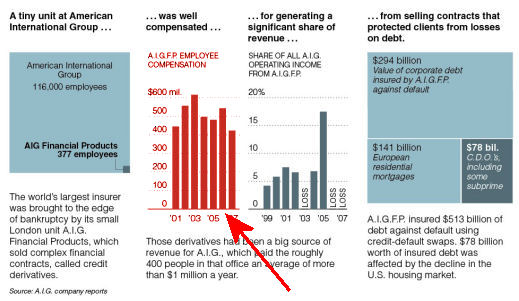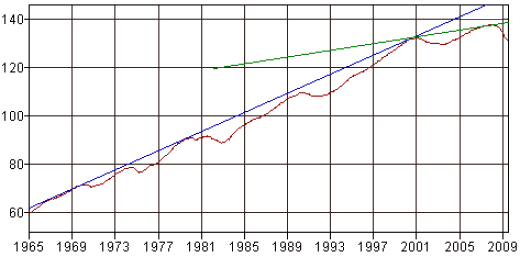 John Steinbeck’s last novel, The Winter of Our Discontent, was a painful piece of his literary legacy for me. While he had long documented the travails of the downtrodden and marginalized characters among us, he was a master of never losing sight of their humanity or their humor. But in this last novel, he tells the story of a moral man who lost his integrity and moral compass in an attempt to elevate his life station – a modern day Faust. Success brought his character nothing but despair and he escaped suicide only by dreaming that his child might regain the standards he, himself, had renounced. I remember that when I read this book in the early 1960’s [as the country was beginning to slide into the "great polarization" that made the sixties so tumultuous,] I felt that John Steinbeck had become bitter in his late life. After I read it, I made a promise to myself to be wary of making such a descent if I ever "got old."
John Steinbeck’s last novel, The Winter of Our Discontent, was a painful piece of his literary legacy for me. While he had long documented the travails of the downtrodden and marginalized characters among us, he was a master of never losing sight of their humanity or their humor. But in this last novel, he tells the story of a moral man who lost his integrity and moral compass in an attempt to elevate his life station – a modern day Faust. Success brought his character nothing but despair and he escaped suicide only by dreaming that his child might regain the standards he, himself, had renounced. I remember that when I read this book in the early 1960’s [as the country was beginning to slide into the "great polarization" that made the sixties so tumultuous,] I felt that John Steinbeck had become bitter in his late life. After I read it, I made a promise to myself to be wary of making such a descent if I ever "got old."
 In the following year, Steinbeck published Travels with Charlie, his driving trip with his poodle around America to revisit the places he’s documented in his novels as a younger man. While he had regained some of his humor, the bitterness persisted – particularly when he got to New Orleans. It was in the height of the Southern rebellion against Segregation, and Steinbeck crossed paths with the "cheerleaders" – those mothers who were picketing the schools with scowls and contemptuous chants. Maybe Steinbeck’s ill humor wasn’t his age after all, I thought. Maybe it was just a really bad time. In fact, Steinbeck died in 1968, one of the bottom line worst times in this country that most of us can recall.
In the following year, Steinbeck published Travels with Charlie, his driving trip with his poodle around America to revisit the places he’s documented in his novels as a younger man. While he had regained some of his humor, the bitterness persisted – particularly when he got to New Orleans. It was in the height of the Southern rebellion against Segregation, and Steinbeck crossed paths with the "cheerleaders" – those mothers who were picketing the schools with scowls and contemptuous chants. Maybe Steinbeck’s ill humor wasn’t his age after all, I thought. Maybe it was just a really bad time. In fact, Steinbeck died in 1968, one of the bottom line worst times in this country that most of us can recall.
So, now I’m here, in my own late sixties, the winter of my own life, and that earlier vow is hard to keep sometimes. It feels like the same dilemma Steinbeck was confronting – recession, pointless wars, political polarization, international discord, nuclear proliferation, modern problems like global warming, never ending problems like religious fundamentalism, hatefullness, the antics of a Glenn Beck. But it’s something more than the front pages of the paper or the blogs, it’s actually more like a change in my point of view. So many of the issues that inspire great passion and conflict seem really petty now – like Steinbeck’s New Orleans cheerleaders who were fighting a losing battle for a pointless cause. Their only legacy is the absurdity of their antics captured in a book by an author whose work will be immortal. So they will live on as fools lost in one of those contemporary dramas that complicate real time, but deserve only a line or two in history books.
Right now, we’re in the middle one of those real time black holes that may get only brief play in our history books. A madman set off a bomb in the middle of our national metropolis. The loss of life and property, as bad as they were, paled in the face of what followed – what we did to ourselves, and what we’re still doing.
When Steinbeck accepted the Nobel Prize in 1962, he reflected on Alfred Nobel himself, the inventor and manufacturer of dynamite:
Humanity has been passing through a gray and desolate time of confusion. My great predecessor, William Faulkner, speaking here, referred to it as a tragedy of universal physical fear, so long sustained that there were no longer problems of the spirit, so that only the human heart in conflict with itself seemed worth writing about. Faulkner, more than most men, was aware of human strength as well as of human weakness. He knew that the understanding and the resolution of fear are a large part of the writer’s reason for being…
The present universal fear has been the result of a forward surge in our knowledge and manipulation of certain dangerous factors in the physical world. It is true that other phases of understanding have not yet caught up with this great step, but there is no reason to presume that they cannot or will not draw abreast…
Understandably, I have been reading the life of Alfred Nobel; a solitary man, the books say, a thoughtful man. He perfected the release of explosive forces capable of creative good or of destructive evil, but lacking choice, ungoverned by conscience or judgment. Nobel saw some of the cruel and bloody misuses of his inventions. He may have even foreseen the end result of all his probing – access to ultimate violence, to final destruction. Some say that he became cynical, but I do not believe this. I think he strove to invent a control – a safety valve. I think he found it finally only in the human mind and the human spirit…
Less than fifty years after his death, the door of nature was unlocked and we were offered the dreadful burden of choice. We have usurped many of the powers we once ascribed to God. Fearful and unprepared, we have assumed lordship over the life and death of the whole world of all living things. The danger and the glory and the choice rest finally in man. The test of his perfectibility is at hand.
Having taken God-like power, we must seek in ourselves for the responsibility and the wisdom we once prayed some deity might have. Man himself has become our greatest hazard and our only hope. So that today, saint John the Apostle may well be paraphrased: In the end is the word, and the word is man, and the word is with man.
When I look back on my own thoughts about Steinbeck’s later books, I think I was missing his point. I was a young man trying to understand the wisdom of someone in later life. What I saw as bitterness [in The Winter of Our Discontent] or as a reaction to a really dour piece of history [in Travels with Charlie] was really a perspective I couldn’t yet personally achieve – that Man himself has become our greatest hazard and our only hope.
So Steinbeck’s perspective contains both hope and despair, the power of mastery and the fears of failure. In Steinbeck’s time, the focus was on nuclear weapons and man’s potential to become so lost in the political struggles of the moment that our collective survival was put in peril – some person might actively blow us into oblivion. Here, not many years later, the stakes seem higher. If we don’t actively step up to the plate on things like population control and global warming, we might as well opt for thermonuclear devastation, since the passive denial of our own toxicity will achieve the same goal as the bombs.

John Steinbeck pinned his hope on the future generation [his character’s daughter] as did Alfred Nobel who established a reward for accomplishment [and peace]. And what I saw as the potential bitterness of later life [the
discontent of our
winter] was more complex. Though it was in part a fear of and impatience with the short-sightedness of real-time politics, it also contained the comforting sense that our faltering missteps usually ended up sending us down the right path sooner or later. But, unlike the detached perspective of the historian, the devil’s in the uncertainty that always accompanies the present – throughout life…
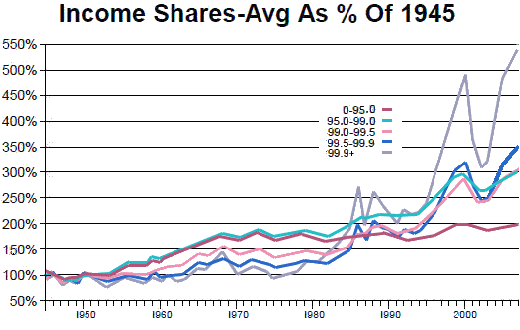
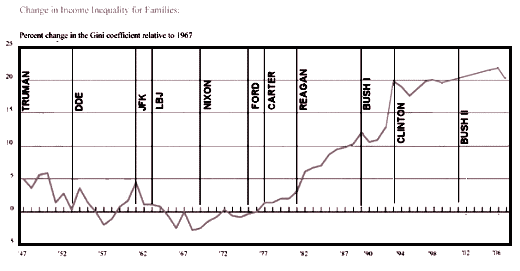


 In the following year, Steinbeck published Travels with Charlie, his driving trip with his poodle around America to revisit the places he’s documented in his novels as a younger man. While he had regained some of his humor, the bitterness persisted – particularly when he got to New Orleans. It was in the height of the Southern rebellion against Segregation, and Steinbeck crossed paths with the "cheerleaders" – those mothers who were picketing the schools with scowls and contemptuous chants. Maybe Steinbeck’s ill humor wasn’t his age after all, I thought. Maybe it was just a really bad time. In fact, Steinbeck died in 1968, one of the bottom line worst times in this country that most of us can recall.
In the following year, Steinbeck published Travels with Charlie, his driving trip with his poodle around America to revisit the places he’s documented in his novels as a younger man. While he had regained some of his humor, the bitterness persisted – particularly when he got to New Orleans. It was in the height of the Southern rebellion against Segregation, and Steinbeck crossed paths with the "cheerleaders" – those mothers who were picketing the schools with scowls and contemptuous chants. Maybe Steinbeck’s ill humor wasn’t his age after all, I thought. Maybe it was just a really bad time. In fact, Steinbeck died in 1968, one of the bottom line worst times in this country that most of us can recall. John Steinbeck pinned his hope on the future generation [his character’s daughter] as did Alfred Nobel who established a reward for accomplishment [and peace]. And what I saw as the potential bitterness of later life [the discontent of our winter] was more complex. Though it was in part a fear of and impatience with the short-sightedness of real-time politics, it also contained the comforting sense that our faltering missteps usually ended up sending us down the right path sooner or later. But, unlike the detached perspective of the historian, the devil’s in the uncertainty that always accompanies the present – throughout life…
John Steinbeck pinned his hope on the future generation [his character’s daughter] as did Alfred Nobel who established a reward for accomplishment [and peace]. And what I saw as the potential bitterness of later life [the discontent of our winter] was more complex. Though it was in part a fear of and impatience with the short-sightedness of real-time politics, it also contained the comforting sense that our faltering missteps usually ended up sending us down the right path sooner or later. But, unlike the detached perspective of the historian, the devil’s in the uncertainty that always accompanies the present – throughout life…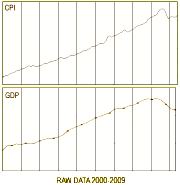 CPI [Consumer Price Index]: This index measures the cost of a fixed amount of goods at any point in time. So the Inflation Rate for a period of time is the percent change in the CPI over the interval.
CPI [Consumer Price Index]: This index measures the cost of a fixed amount of goods at any point in time. So the Inflation Rate for a period of time is the percent change in the CPI over the interval. 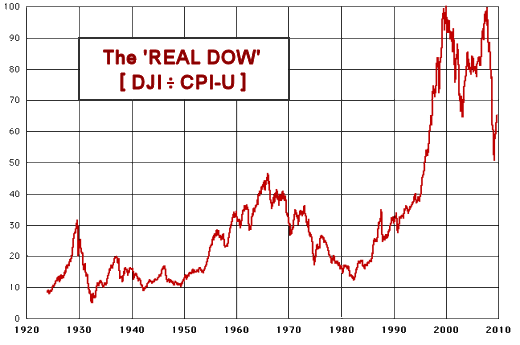
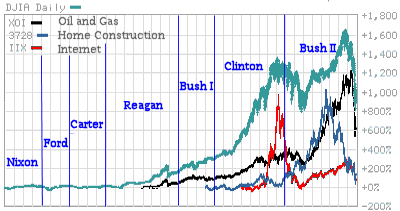 While this approach makes logical sense, and the author of the
While this approach makes logical sense, and the author of the 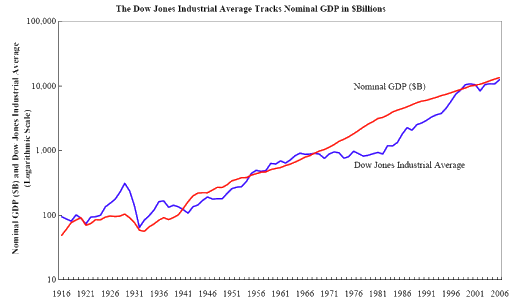
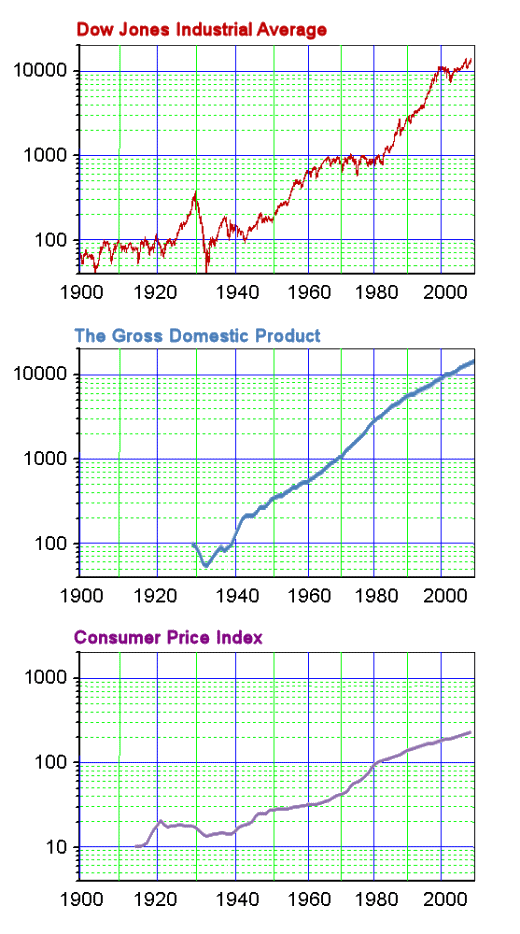
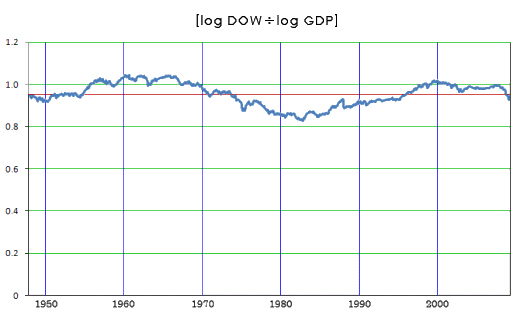
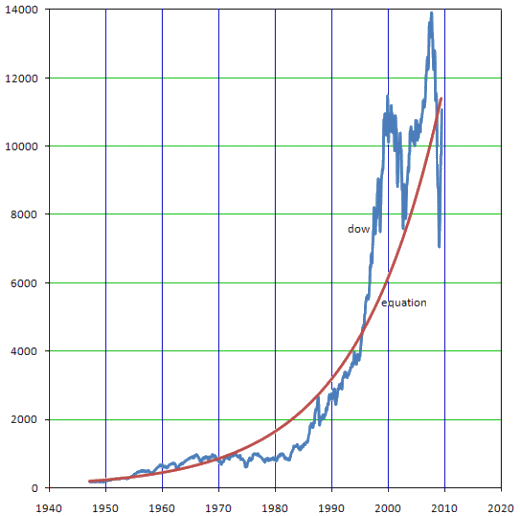
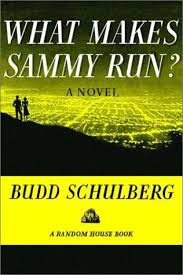 Unlike the other right wing nasties who dish up their daily menu of contempt and sarcasm, Glenn Beck seems to be running an Elmer-Gantry-esque program that transcends the political issues of the day and aims for a more primitive level. The recent Time Magazine
Unlike the other right wing nasties who dish up their daily menu of contempt and sarcasm, Glenn Beck seems to be running an Elmer-Gantry-esque program that transcends the political issues of the day and aims for a more primitive level. The recent Time Magazine 